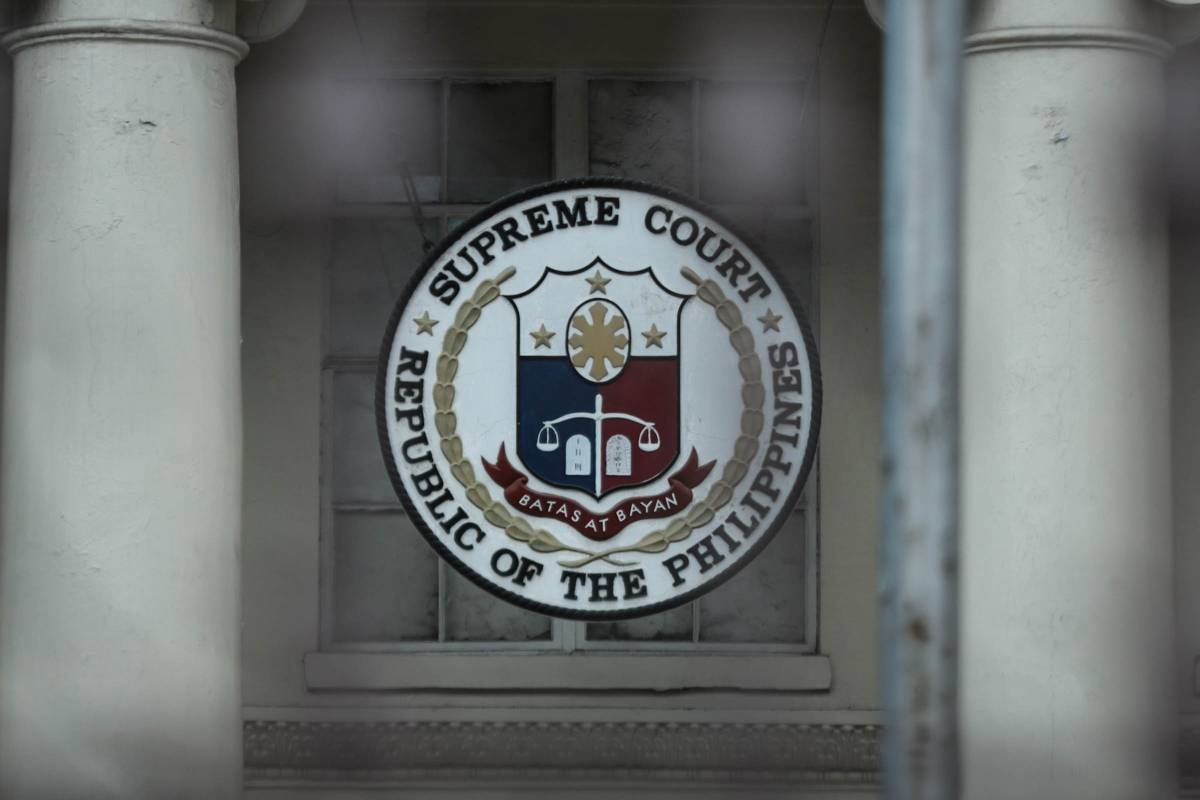In a significant ruling, the Supreme Court (SC) of the Philippines has dismissed a judge in Oriental Mindoro who was found guilty of soliciting bribes from lawyers, litigants, and elective officials in exchange for favorable actions. The court en banc, in a per curiam decision, concluded that Presiding Judge Edralin Reyes of Roxas, Oriental Mindoro Regional Trial Court (RTC) Branch 43 had engaged in gross misconduct, warranting his dismissal from service.
The consequences for Judge Reyes are severe. Along with his dismissal, the tribunal has ordered the forfeiture of his retirement and other benefits, with the exception of accrued leave credits. Additionally, he is permanently disqualified from re-employment in any branch or agency of the government, including government-owned or controlled corporations.
The court’s decision also includes a fine of P17,500 for simple misconduct. This penalty is imposed due to Judge Reyes’ negligence in supervising his court staff and ensuring a proper and secure record- and evidence-keeping system. As a result of this negligence, firearms, exhibits, and pieces of evidence that were under the court’s custody went missing.
The case against Judge Reyes began when a laptop assigned to him was transferred to Judge Josephine Carranzo for repair or replacement in December 2019. As part of the standard procedure, the Management Information Systems Office (MISO) of the SC examined the laptop and discovered a backup of iPhone messages. Some of these messages revealed Judge Reyes’ involvement in corrupt practices. The MISO promptly reported this to the Office of the Court Administrator (OCA), which then hired a forensic expert to extract data from the laptop. This extraction led to the recovery of SMS/iMessage conversations, contact information, photos, videos, and iPhone notes.
The subsequent investigation by the OCA Investigating Team confirmed that Judge Reyes was the user of the laptop and the owner of an iPhone 6S Plus, from which the incriminating iMessages originated. It became evident that he had used this phone to communicate and solicit bribes from various lawyers and private individuals in exchange for favorable actions on pending cases. The investigation also revealed frequent and questionable transactions between the judge and several lawyers.
As a result of these findings, three judicial audit teams were formed to investigate Branches 39, 41, and 43 of the Oriental Mindoro RTC. The audit conclusively established that Judge Reyes had solicited bribes in exchange for orders or resolutions granting bail or its reduction, decisions of acquittal, orders allowing travel abroad, and orders allowing pleas to lesser offenses.
The Supreme Court emphasized that even a government-issued computer, if privately controlled, is subject to regulation and monitoring by the government employer. In this case, the SMS/iMessage exchanges and the findings of the audit team were deemed admissible as there was no violation of Judge Reyes’ right to privacy.
The court clarified that judges and court employees are provided with laptops and computers to facilitate the efficient adjudication of cases and not for personal use. Therefore, Judge Reyes had no expectation of privacy for electronic communications stored in the assigned laptop. The laptop was not forcibly taken from him, and the SMS/iMessage correspondence were stored on the court-issued device, not his private computer.
In its ruling, the Supreme Court emphasized that the circumstances surrounding Judge Reyes’ actions left no room for him to claim that the state unduly intruded into a personal matter. This decision serves as a strong reminder of the judiciary’s commitment to upholding integrity, impartiality, and ethical conduct within the Philippine legal system.
The dismissal of Judge Reyes sends a clear message that corruption will not be tolerated, and those who abuse their positions of power will face severe consequences. Upholding the rule of law and ensuring a fair and just judicial system are paramount in maintaining public trust and confidence in the judiciary.
Source: The Manila Times








